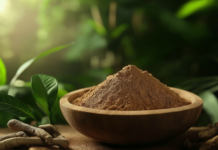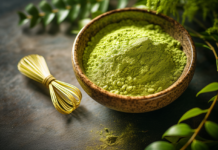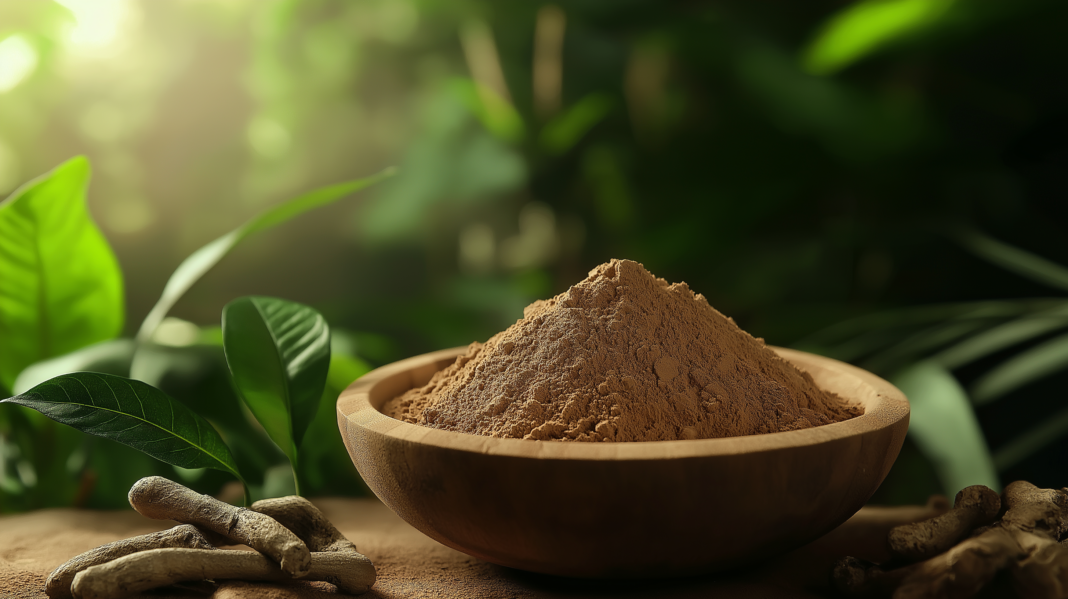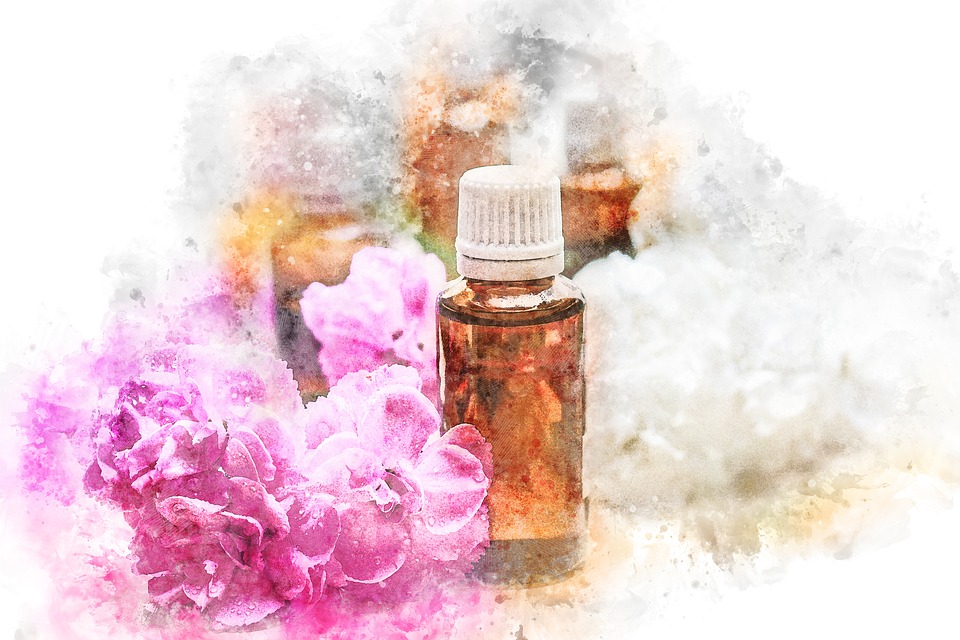Menopause marks a significant transition in a woman’s life, bringing hormonal changes that can cause symptoms such as stress, fatigue, mood swings, and hot flashes. While medical interventions like hormone replacement therapy (HRT) are available, many women are turning to natural remedies for support—and at the forefront of this movement is Ashwagandha.
Known as the “Queen of Herbs” in Ayurveda, Ashwagandha (Withania somnifera) is an adaptogenic herb that helps the body adapt to stress, promoting balance and vitality. Its unique properties make it an effective natural remedy for managing menopause symptoms.
1. What is Ashwagandha?
Ashwagandha is a powerful herb used for centuries in Ayurvedic medicine to improve strength, stamina, and resilience. Its adaptogenic nature means it helps regulate the body’s stress response, which can be particularly beneficial during menopause when hormonal fluctuations can increase stress and anxiety levels.
The active compounds in Ashwagandha, including withanolides, work to reduce inflammation, balance cortisol levels, and improve overall health.
2. Benefits of Ashwagandha for Menopause
a. Reduces Stress and Anxiety
One of the most common symptoms of menopause is increased stress and anxiety, often due to hormonal changes and life transitions. Ashwagandha has been scientifically proven to lower cortisol levels—the body’s primary stress hormone—helping women feel calmer and more emotionally balanced.
Study Spotlight: A 2019 study published in Medicine found that Ashwagandha significantly reduced stress and anxiety levels in participants by regulating the hypothalamic-pituitary-adrenal (HPA) axis.
b. Boosts Energy and Reduces Fatigue
Many menopausal women experience fatigue due to hormonal changes, disrupted sleep, or emotional stress. Ashwagandha acts as a natural energy booster, enhancing vitality and reducing feelings of exhaustion.
c. Improves Sleep Quality
Sleep disturbances, including insomnia and night sweats, are common during menopause. Ashwagandha has a calming effect on the nervous system, promoting restful sleep without the side effects of sleep aids.
d. Balances Hormones
Ashwagandha supports the endocrine system, helping regulate hormones such as cortisol and thyroid hormones. This can alleviate symptoms like mood swings, hot flashes, and weight fluctuations.
e. Supports Bone Health
Menopause often leads to a decline in bone density, increasing the risk of osteoporosis. While more research is needed, Ashwagandha’s anti-inflammatory and antioxidant properties may contribute to better bone health by reducing oxidative stress.
3. How to Use Ashwagandha for Menopause
Ashwagandha is available in several forms, including powders, capsules, and teas. Here’s how to incorporate it into your routine:
- Capsules: Take 300-600 mg of Ashwagandha extract daily, as recommended by your healthcare provider.
- Powder: Mix 1 teaspoon of Ashwagandha powder into warm milk, herbal tea, or a smoothie for a soothing drink.
- Tea: Steep Ashwagandha root in hot water to create a calming herbal tea.
It’s essential to consult a healthcare professional before starting Ashwagandha, especially if you’re on medication or have underlying health conditions.
4. Combining Ashwagandha with Other Natural Remedies
To maximize its benefits, Ashwagandha can be combined with other natural remedies for menopause:
- Black Cohosh: Reduces hot flashes and night sweats.
- Evening Primrose Oil: Helps with mood swings and breast tenderness.
- Omega-3 Fatty Acids: Supports heart and brain health.
5. Embrace a Holistic Approach
While Ashwagandha offers powerful benefits, adopting a holistic lifestyle can further support your menopause journey. Regular exercise, a balanced diet rich in whole foods, and stress-management techniques like yoga or meditation work synergistically with Ashwagandha to improve overall well-being.
Conclusion
Menopause is a natural phase of life that doesn’t have to be overwhelming. With the help of Ashwagandha, women can find relief from symptoms like stress, fatigue, and hormonal imbalances. Backed by both ancient wisdom and modern science, this adaptogenic herb empowers women to embrace menopause with strength and serenity.
Sources & References:
- Chandrasekhar, K., et al. “A prospective, randomized double-blind, placebo-controlled study of safety and efficacy of a high-concentration full-spectrum Ashwagandha extract in reducing stress and anxiety in adults.” Indian Journal of Psychological Medicine, 2012.
- Smitha, R., et al. “Ashwagandha: The modern-day adaptogen with ancient roots.” Journal of Ayurveda and Integrative Medicine, 2020.
- “Menopause and Natural Remedies: The Role of Ashwagandha.” Clinical Nutrition Research, 2021.


























